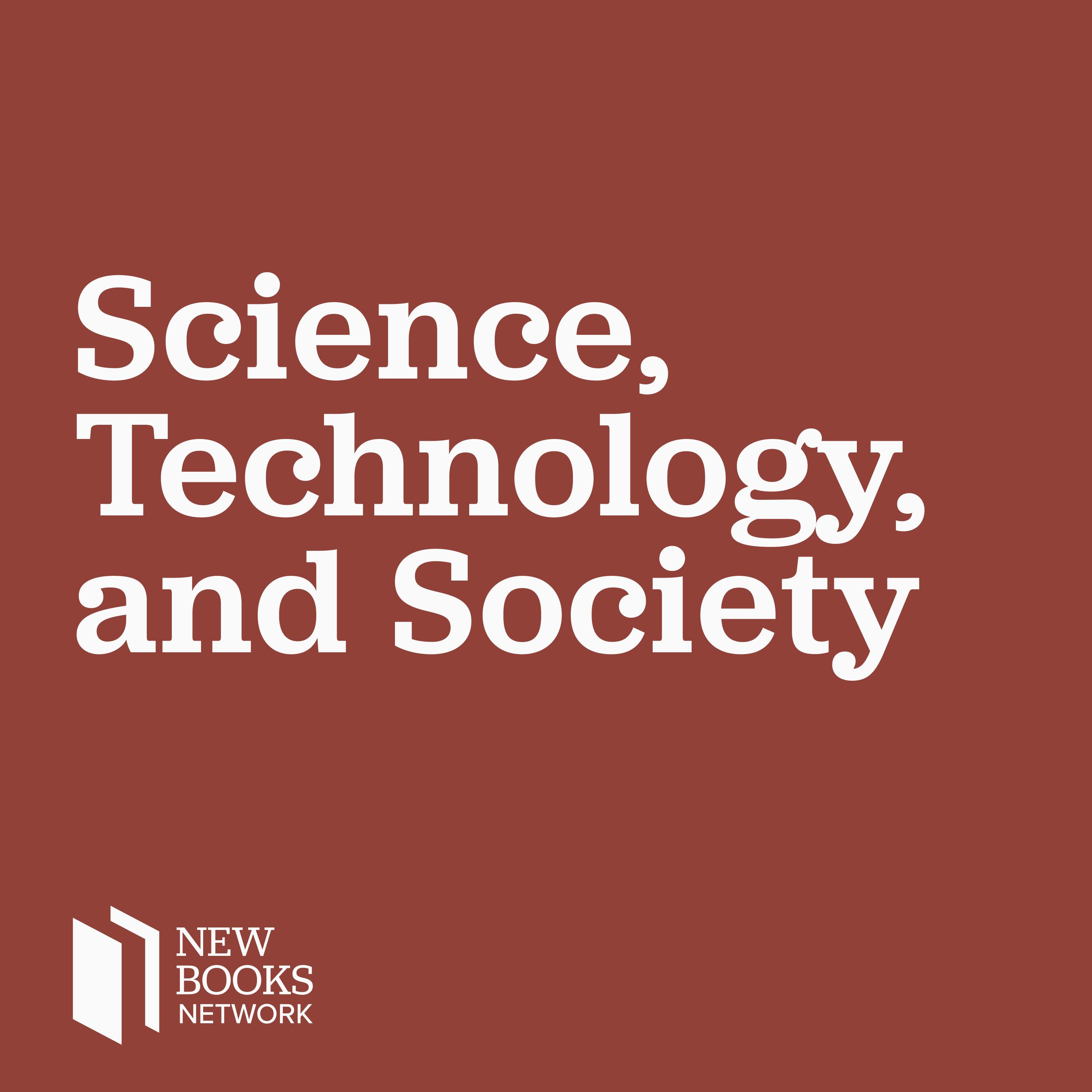Héctor Beltrán, "Code Work: Hacking Across the US/México Techno-Borderlands" (Princeton UP, 2023)
Description
In Code Work: Hacking Across the US/México Techno-Borderlands (Princeton UP, 2023), Héctor Beltrán examines Mexican and Latinx coders’ personal strategies of self-making as they navigate a transnational economy of tech work. Beltrán shows how these hackers apply concepts from the code worlds to their lived experiences, deploying batches, loose coupling, iterative processing (looping), hacking, prototyping, and full-stack development in their daily social interactions—at home, in the workplace, on the dating scene, and in their understanding of the economy, culture, and geopolitics. Merging ethnographic analysis with systems thinking, he draws on his eight years of research in México and the United States—during which he participated in and observed hackathons, hacker schools, and tech entrepreneurship conferences—to unpack the conundrums faced by workers in a tech economy that stretches from villages in rural México to Silicon Valley.
Beltrán chronicles the tension between the transformative promise of hacking—the idea that coding will reconfigure the boundaries of race, ethnicity, class, and gender—and the reality of a neoliberal capitalist economy divided and structured by the US/México border. Young hackers, many of whom approach coding in a spirit of playfulness and exploration, are encouraged to appropriate the discourses of flexibility and self-management even as they remain outside formal employment. Beltrán explores the ways that “innovative culture” is seen as central in curing México’s social ills, showing that when innovation is linked to technological development, other kinds of development are neglected. Beltrán’s highly original, wide-ranging analysis uniquely connects technology studies, the anthropology of capitalism, and Latinx and Latin American studies.
Mentioned in this episode, among others:
Anzaldúa, G. (1987). Borderlands / La Frontera: The New Mestiza. Aunt Lute Books.
Hong, G. K., & Ferguson, R. A. (Eds.). (2011). Strange Affinities: The Gender and Sexual Politics of Comparative Racialization. Duke University Press.
Coleman, E. G. (2012). Coding Freedom: The Ethics and Aesthetics of Hacking. Princeton University Press.
Héctor Beltrán is Class of 1957 Career Development Assistant Professor of Anthropology at MIT, where he teaches “Cultures of Computing,” “Hacking from the South,” and “Latin American Migrations.”
Liliana Gil is Assistant Professor of Comparative Studies (STS) at the Ohio State University.
Learn more about your ad choices. Visit megaphone.fm/adchoices
Support our show by becoming a premium member! https://newbooksnetwork.supportingcast.fm/science-technology-and-society
More Episodes
Decisions to go to war are often framed in cost-benefit terms, and typically such assessments do not factor in longer term costs. However, recent dramatic improvements in American military medicine have had an unanticipated effect: saving more soldiers' lives has vastly increased long-term,...
Published 05/05/24
Published 05/05/24
The Bolex camera, 16mm reversal film stocks, commercial film laboratories, and low-budget optical printers were the small-gauge media technologies that provided the infrastructure for experimental filmmaking at the height of its cultural impact. Technology and the Making of Experimental Film...
Published 05/04/24


